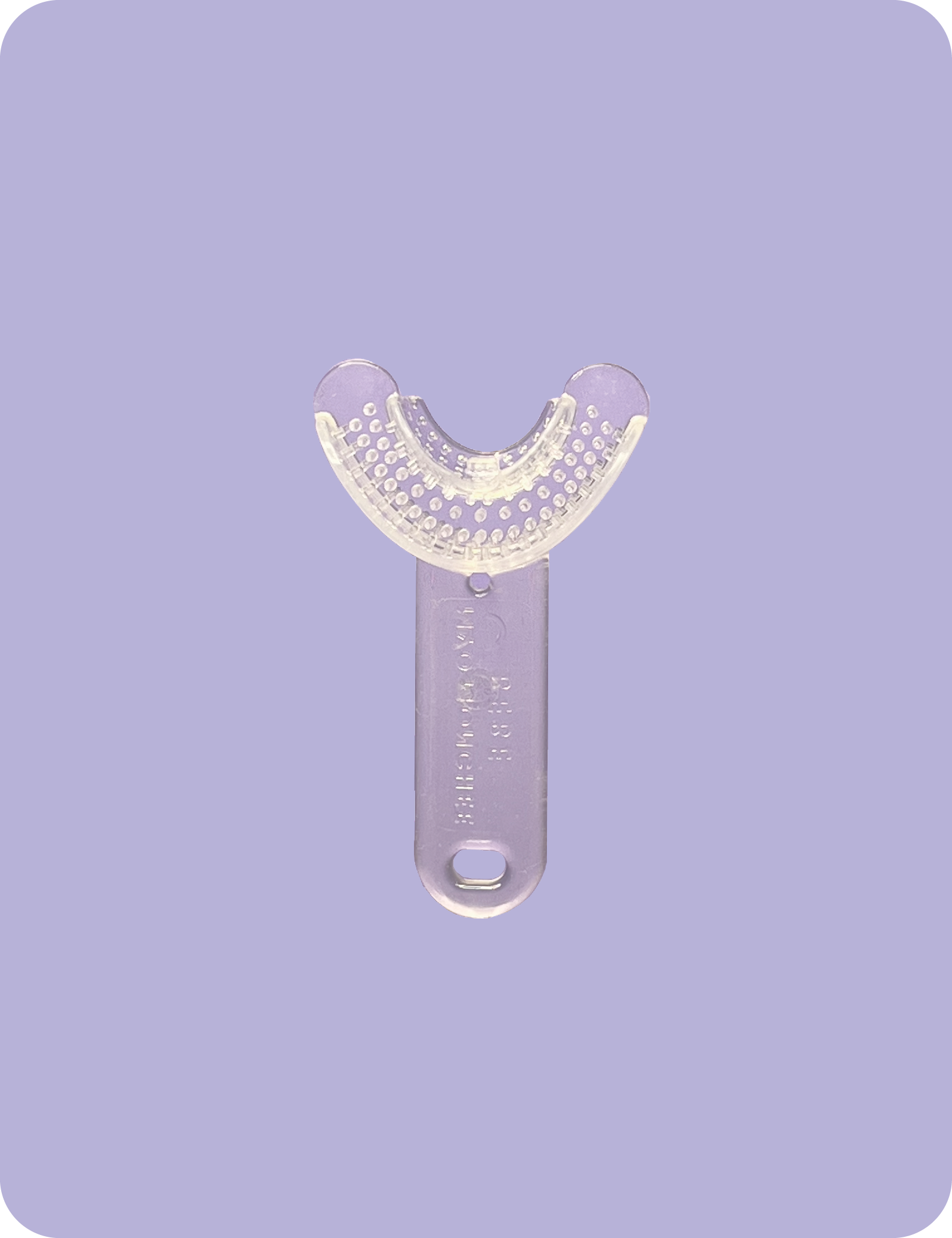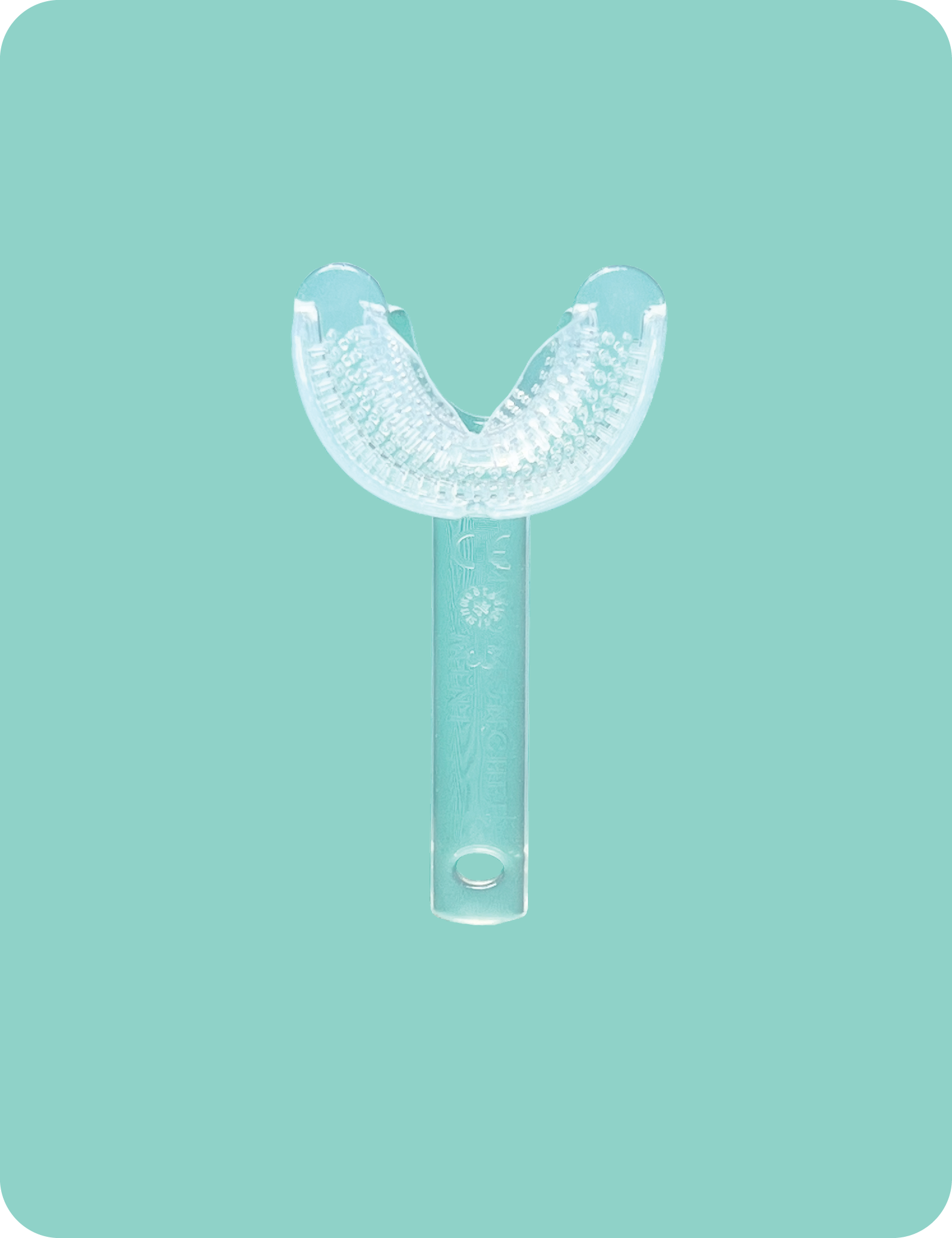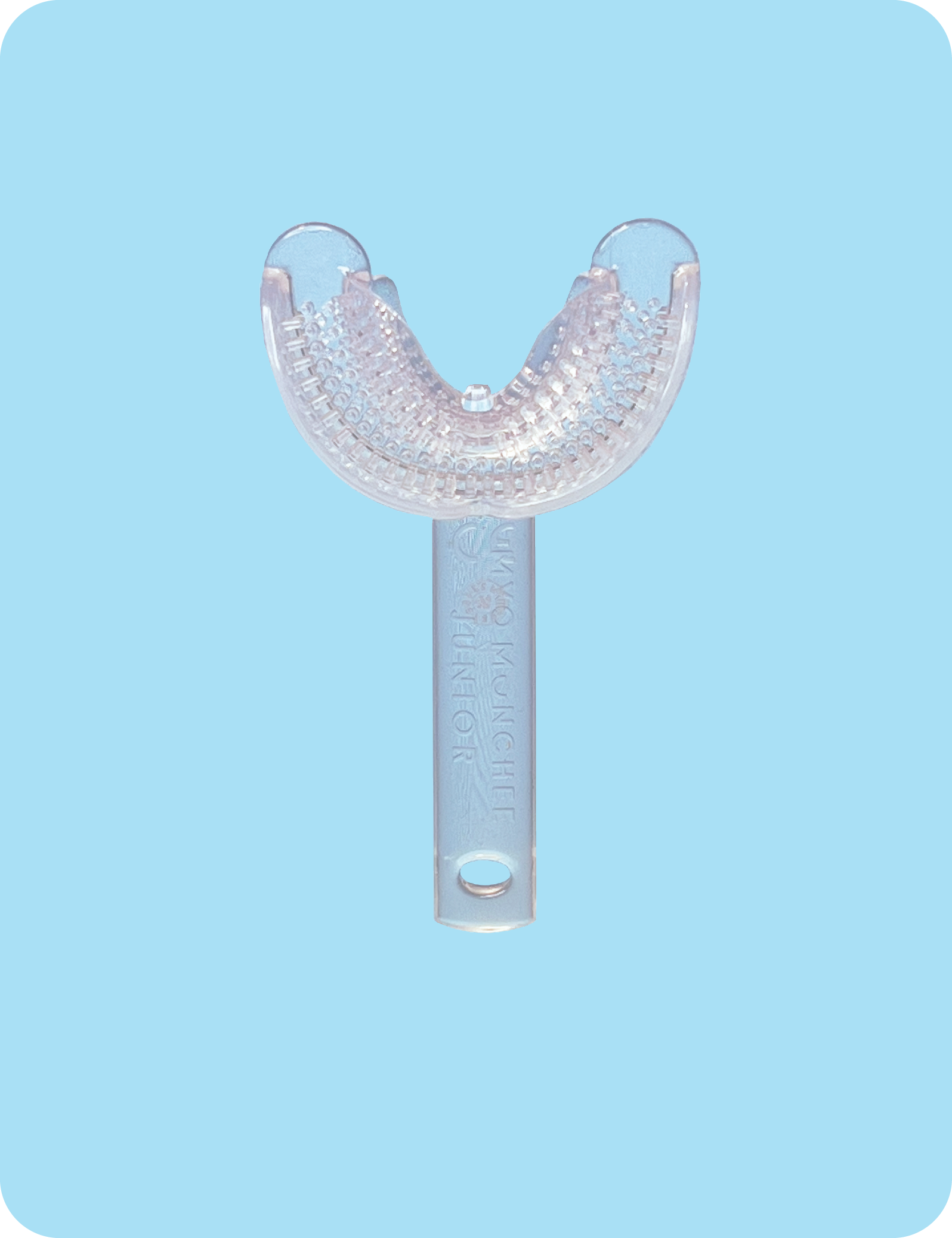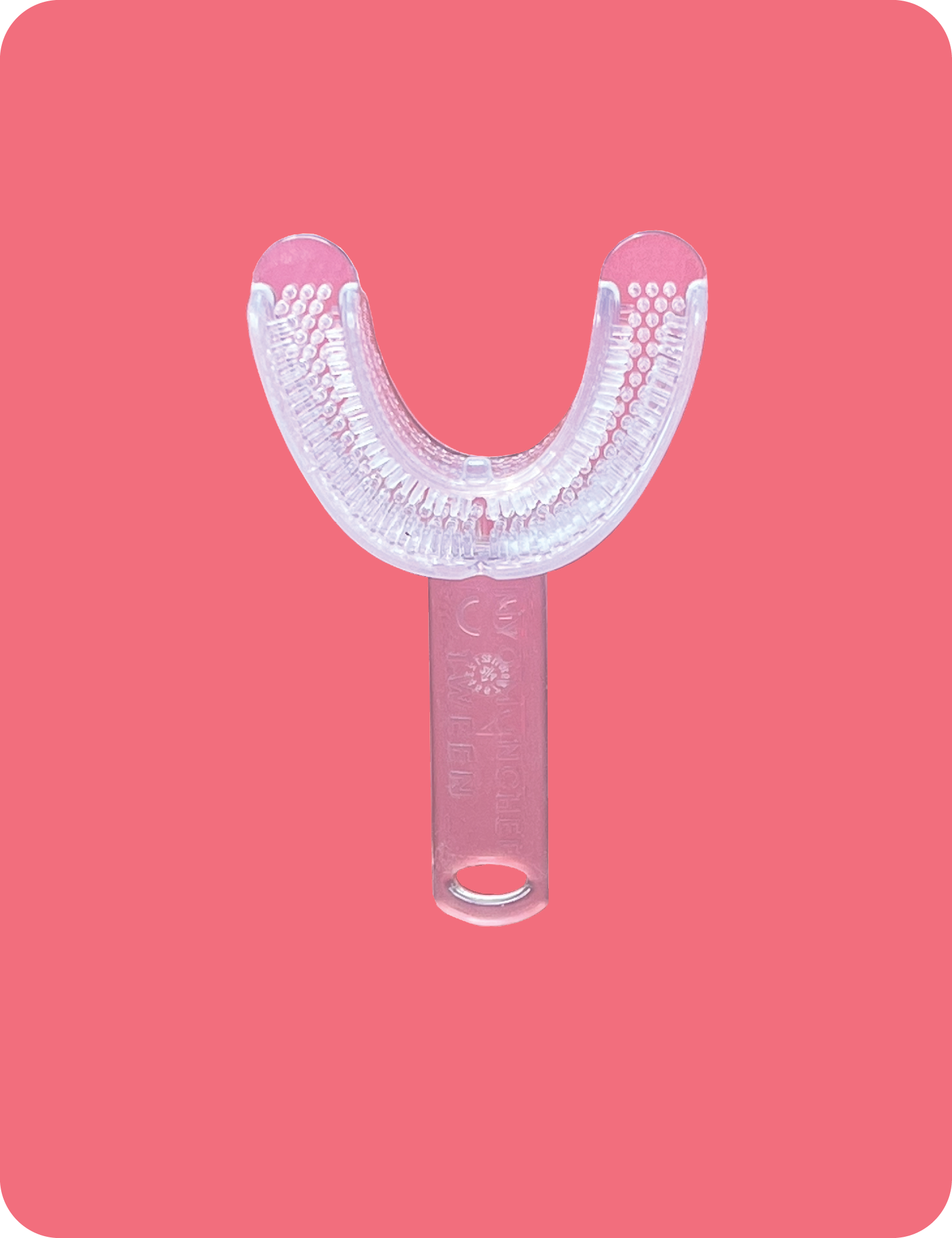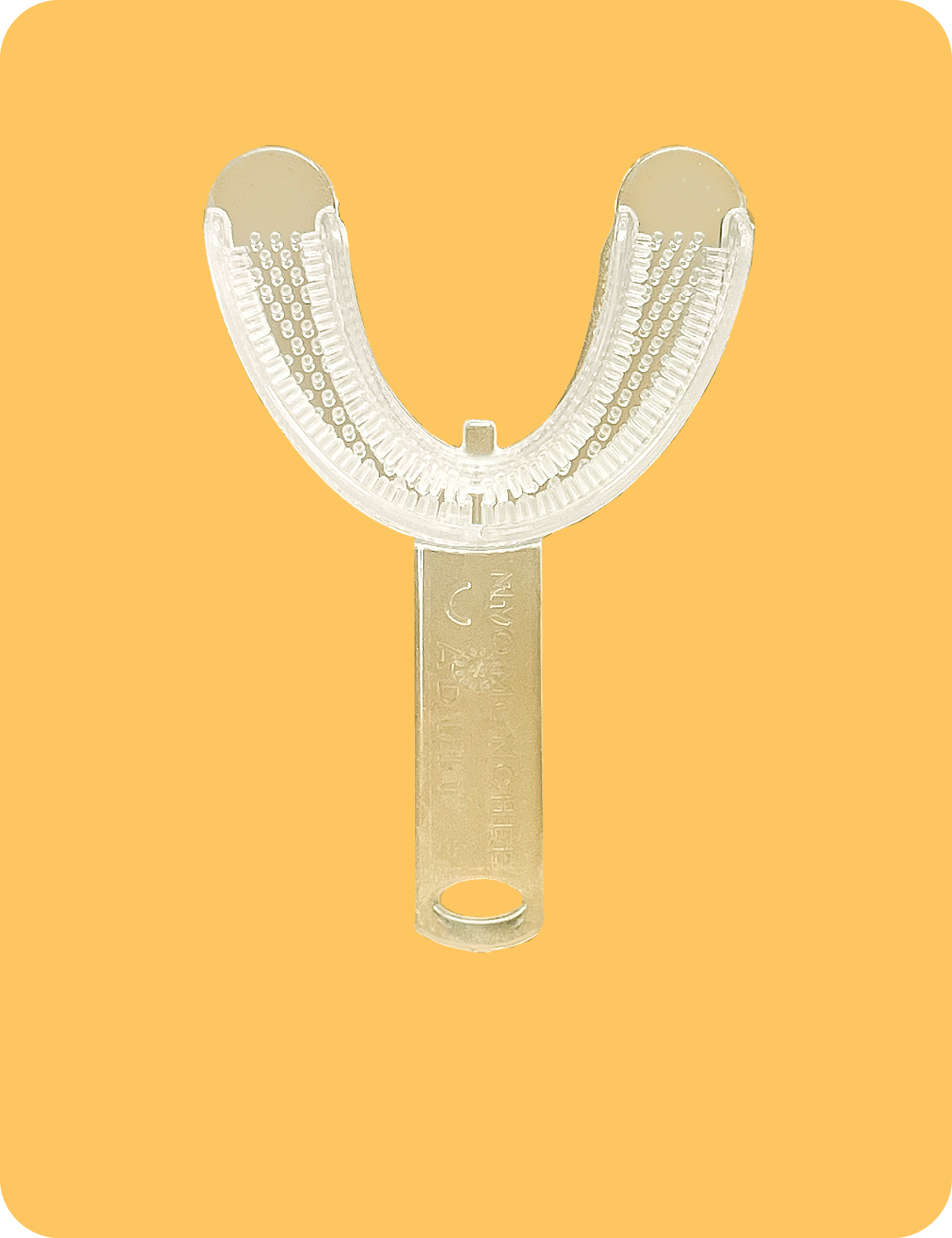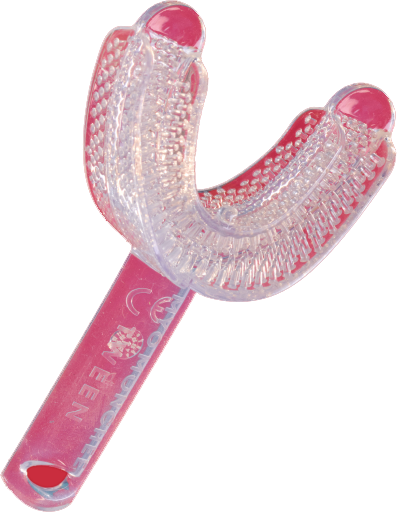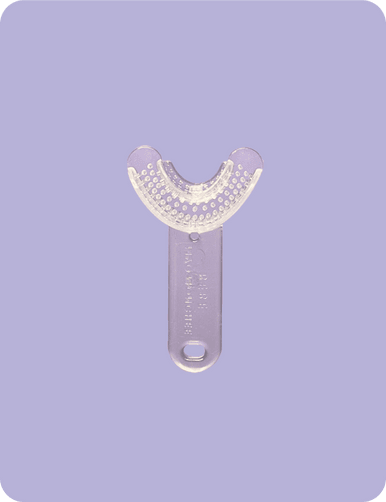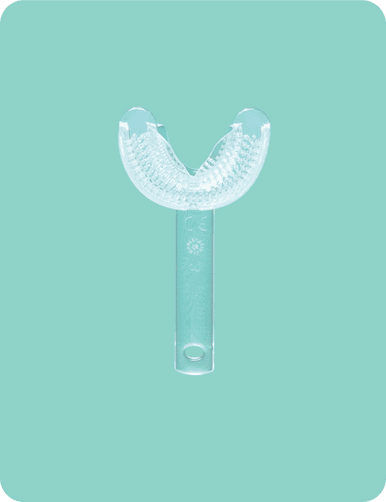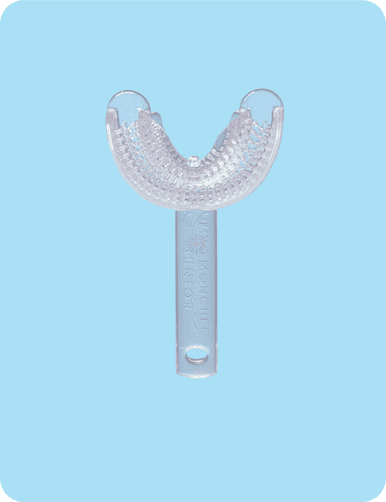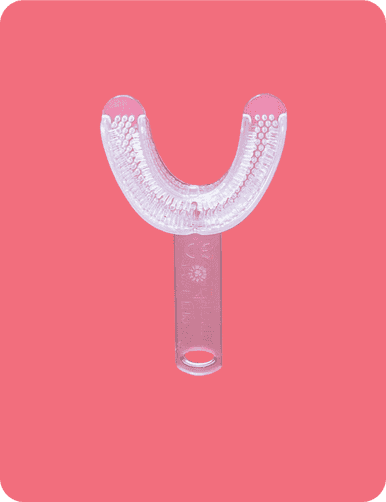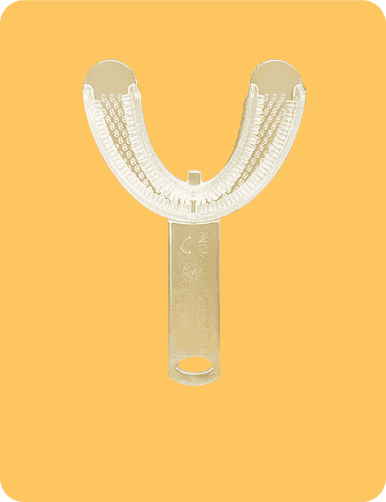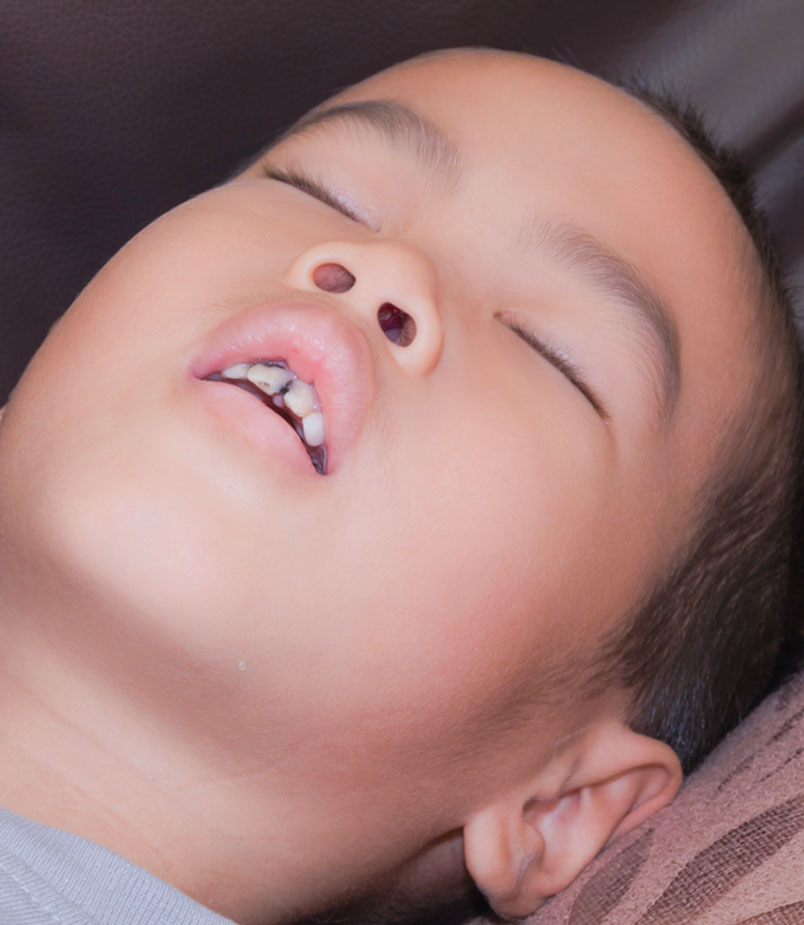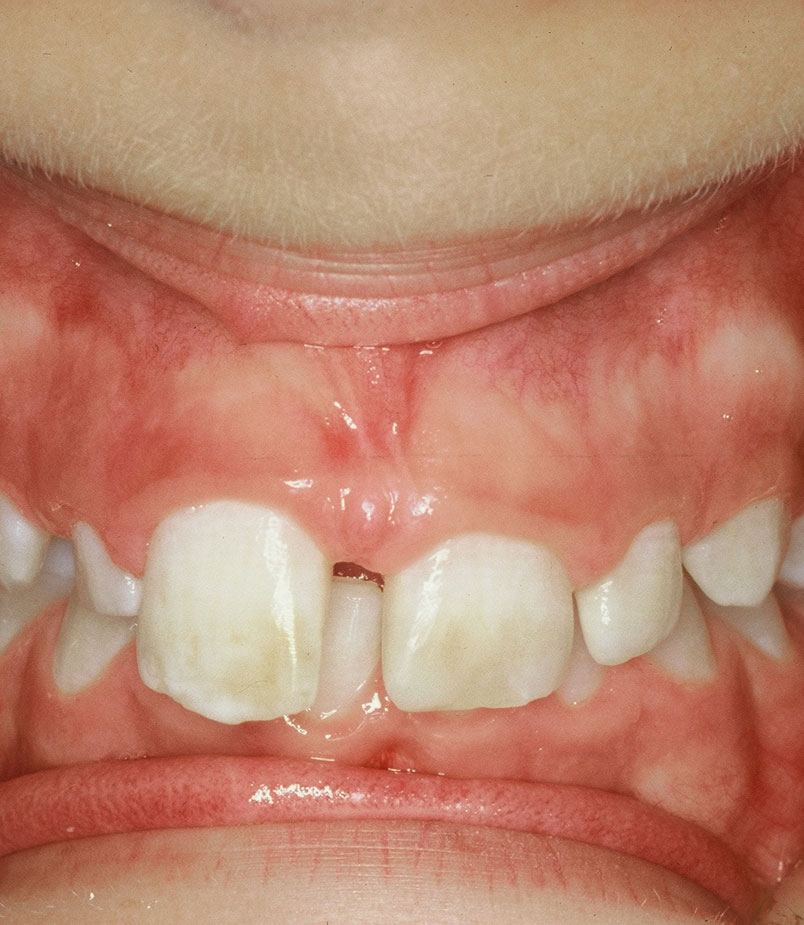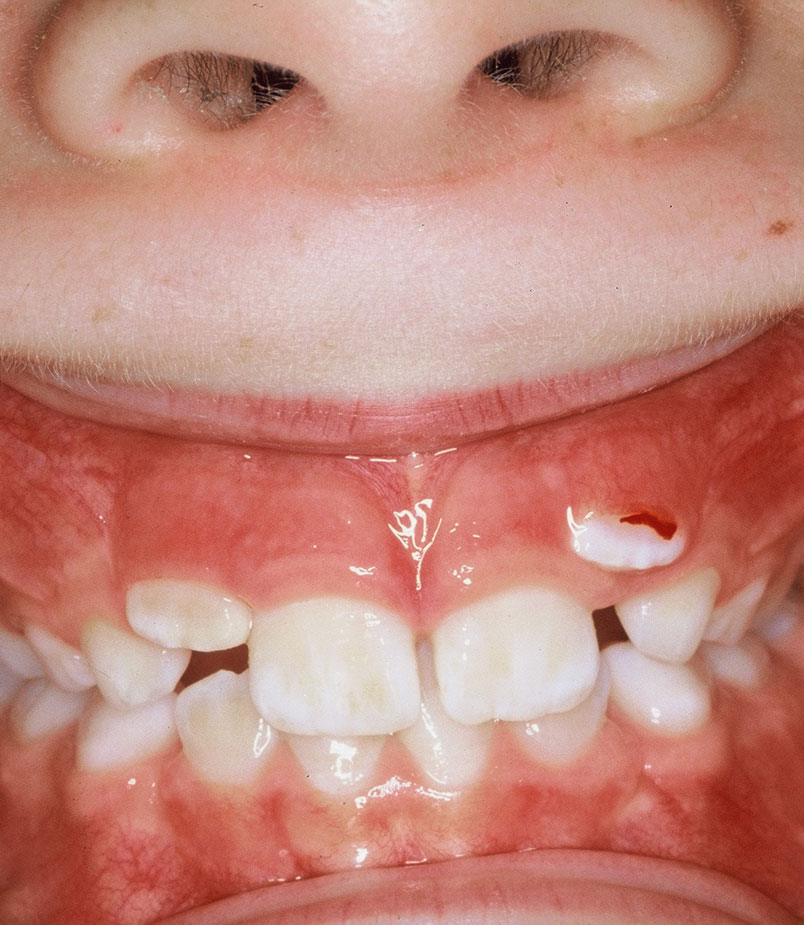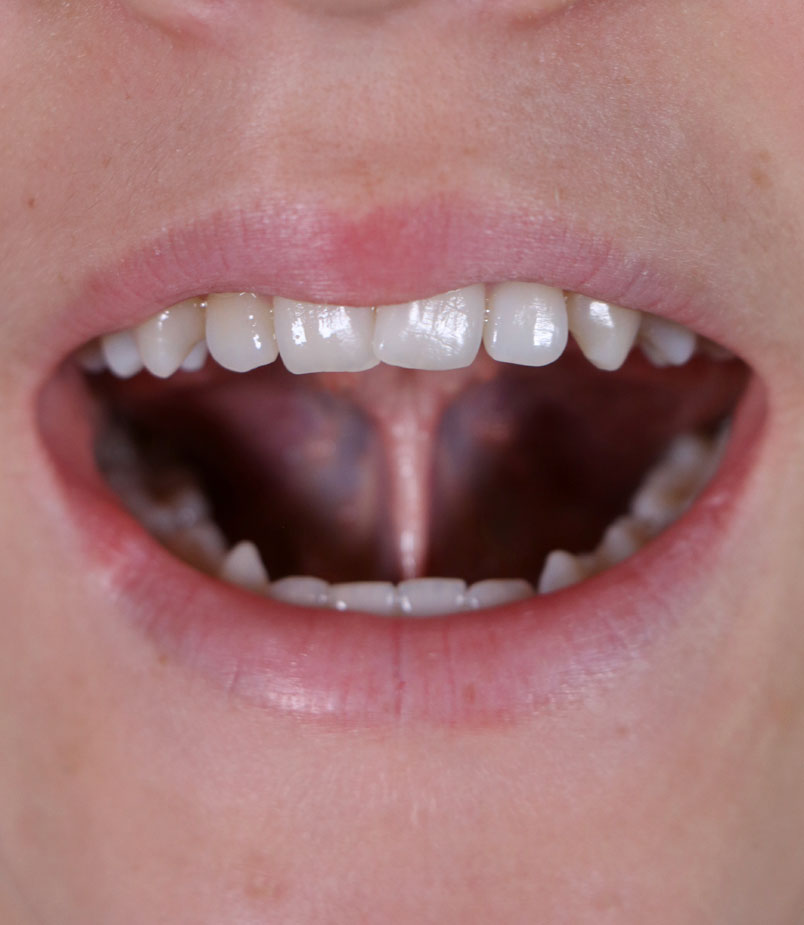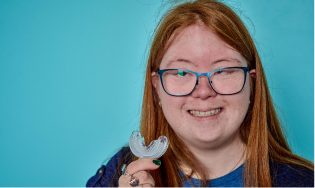8-14 years
By age 8 years, we will have achieved over 80% of facial and airway growth
The enlarged tonsils and adenoids which may have been an issue in earlier life, should now have more space and no longer be creating issue with airway size and function.
- Children should be sleeping quietly through the night and wake bright and refreshed
- Children should have a well-established ability to self-regulate and manage mood/behaviour. If they are not able to self-regulate, it can be a sign that there is neurological dysregulation……and mouth breathing and oral dysfunction, as well as disturbed sleep, can be contributing factors.
- Children with a mouth breathing pattern, may be more likely to be using secondary inspiratory muscles around neck and shoulders and have notable postural dysfunction such as forward head posture, tight shoulders and flat feet.
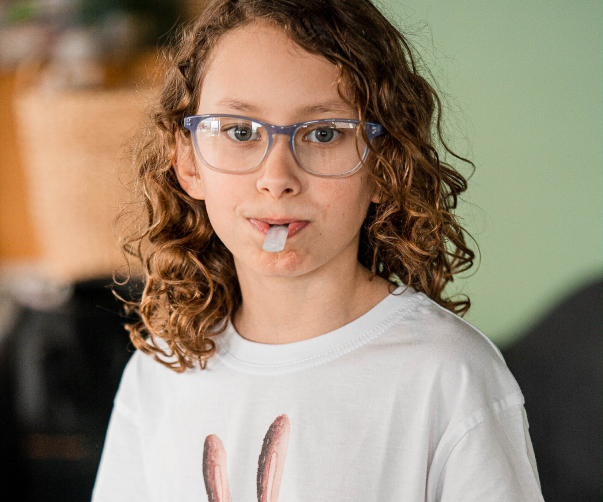
Manual therapists such as Chiropractors and Osteopaths can be a great resource to assist with improving body postural balance and function.
See our list of certified providersHow to decide when to transition:
Transition from Junior to Tween should occur at around 8- 9 years. If the child/person is dealing with oral dysfunction, or has special needs, they may need to use the Junior for a prolonged period.
Shop now
8-14 years
Signs and Symptoms
of Oral Dysfunction
- Mouth breathing pattern (asthma and allergies)
- Crooked teeth and misaligned jaws
- Facial asymmetry and Jaw pain
- Tonsillitis, ear infections and sinusitis and allergy
- Bed wetting
- Back pain, neck pain
- Fatigue and low energy
- Sleep disturbance, teeth grinding,
- Behaviour and attentional and learning issues
- Anxiety
Why use Munchee?
Oral facial exercise
General facial exercise to keep tone and function
TMD
Where there is pain and dysfunction of the TM Joint the Munchee can be helpful to re-balance the joints and improve muscle function and jaw stability.
Mouth breathing pattern
Munchee is good exercise for muscles of lips, face and jaws. Lip and facial strength is essential to encourage nose breathing.
Oral Hygiene
Gum health and teeth cleaning
Occlusal Balance
Chewing a Munchee will improve balance of facial muscles which will mean less cracking of teeth from overload of forces.
Teeth/Jaw Grinding
Munchee can be a great tool to improve jaw balance relationships which is one of the reasons why grinding is so common.
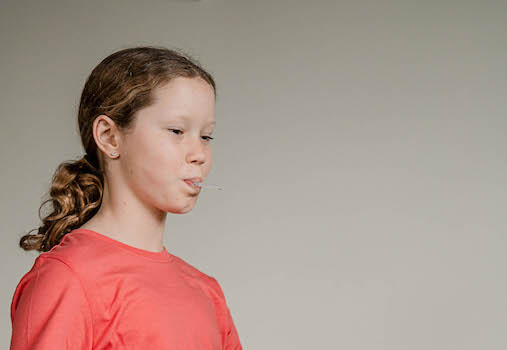
Munchee Tip
Assessment with a specialised provider may be required to ascertain why teeth grinding is occurring as it can be a sign of airway compromise
At any Age and any Stage, Myo Munchee can support you on your life's journey
Download 'Why Children Must Chew' Ebook today!

Sign up for news and updates
Enter your details to receive news and updates on all things Munchee!
More About Munchee
How do I use a Munchee
Watch this video to find out the most important movements for chewing a Munchee
Watch videoResources
Please check out our resources for more information and shoot us an email if there are specific topics you'd like more info on!
View our resourcesContact Munchee
Got a question for us to chew over or need product and ordering support? Reach out to Munchee
Send messageFollow Munchee
FAQs
-
We are just starting on our Myo Munchee journey, but it is making my child gag? Is there any way to help overcome this?
When a person is gagging it is usually because their gag reflex is overreacting, and this is often because there is an imbalance of the information coming from their brain to this area - it is a survival response to keep the airway open.
Dr Bourke’s suggestion is to look at trying to activate some other cranial nerve pathways to override the gag. First thing to try would be a little bit of salt on the back of the tongue. Next try smelling some essential oils like lavender or eucalyptus and listening to music with headphones on.
Try to hold the appliance in place in the mouth while breathing steadily through the nose- quite often after moving past the initial fear response you will be able to trust the process of having the Munchee in place and that you can breathe etc.
For children you can also trim a few mm off the back
-
What is occlusion/malocclusion and how can the Myo Munchee assist with good occlusion?
Occlusion is the way in which the teeth meet when the upper and lower jaw come together. Malocclusion is when your upper and lower teeth don’t align when you close your mouth. Good occlusion helps the jaw and teeth develop properly. This growth is also influenced by a number of factors including – breathing, chewing, diet and eating habits.
Dentists and allied health professionals can help improve facial growth during treatment and the Myo Munchee is a fantastic tool to support their work.
-
Munchee Movement
The Munchee Movement brings parents, children and practitioners together with the common purpose of reclaiming natural, functional chewing and oral motor function. We are building the movement for positive change and a healthier world by bringing more awareness and empowering people and parents through new skills and knowledge in terms of:
Integrating facial, jaw and tongue muscles working together for better jaw function and breathing
Helping people to function better from birth to maximise healthy development
Connecting with a new generation of professionals who want more ways to help their clients with minimal intervention.
-
Can the Myo Munchee be used with braces, Invisalign, bonded retainers or pre/post orthodontic work?
You must speak with your treating practitioner to determine whether the Munchee would be an appropriate adjunct to your treatment/post-treatment protocol, as various appliances are used for a variety of reasons. Rather than think of it as a "this or that" try to look at the benefits of the Munchee such as muscle tone, oxygenation, and gum health to see if it is a good fit with your treatment.
-
How do I use a Myo Munchee?
Always rinse the Munchee before use. The Munchee can be submerged in freshly boiled water for 60 seconds to sterilise.
Ensure the Munchee is placed in the mouth with the "lips" indent/notch at the top. Always keep the lips closed around the Myo Munchee while chewing, this not only strengthens the muscles, but also prevents excessive wear on the appliance.
Keep your chewing even and on both sides, chewing excessively or exclusively on one side will weaken the Munchee.
Rinse after use in cold running water and dry thoroughly. Aim for 5mins of active chewing, twice a day as an ideal protocol to begin with.

